How To Eat Right For Your Skin
Written by: Trish WL Lee , Reviewed by: Dr Janice Khoo
What to avoid, and what to ardently enjoy.
While there is no one single trigger for acne, the old adage holds true that “you are what you eat”. Staying away from certain foods and turning to beneficial foods can indeed minimize your breakouts! Low glycaemic index (GI) foods and plenty of fresh fruits, vegetables and lean protein, work best for achieving acne-free skin.
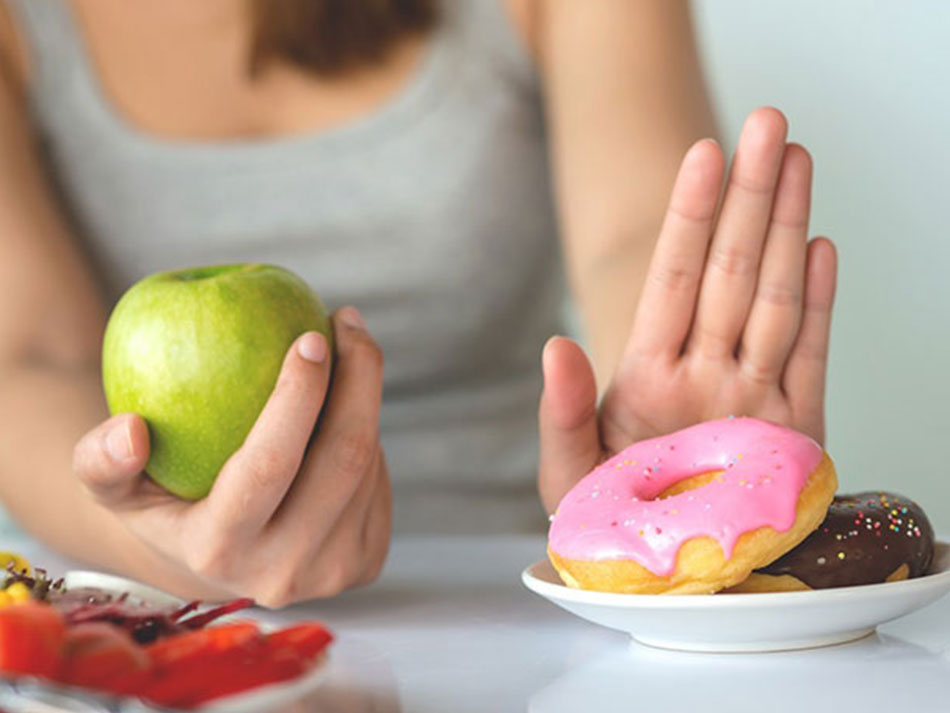
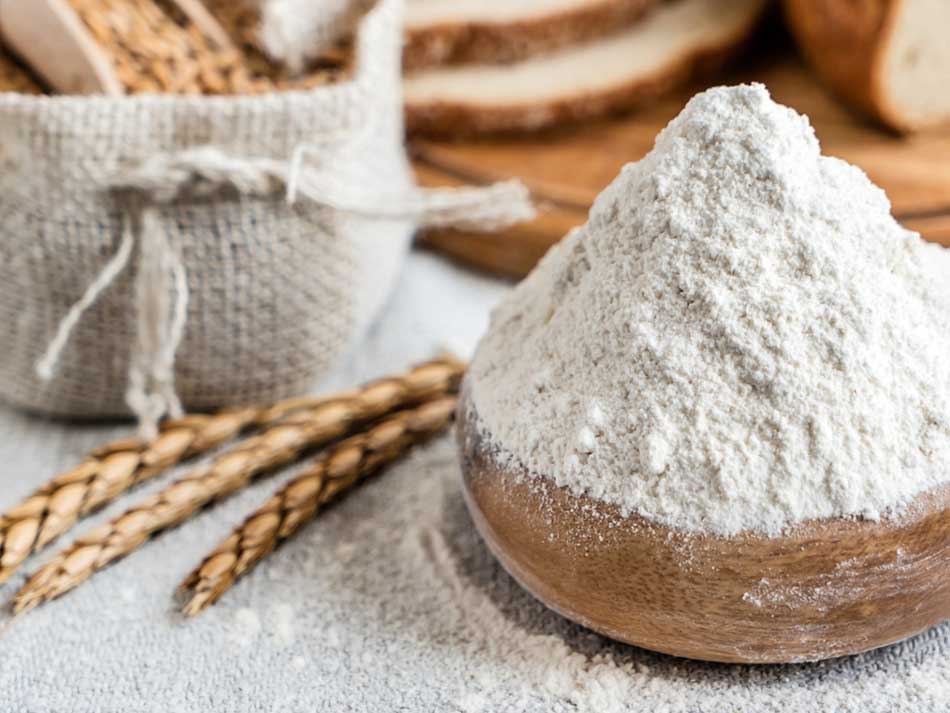
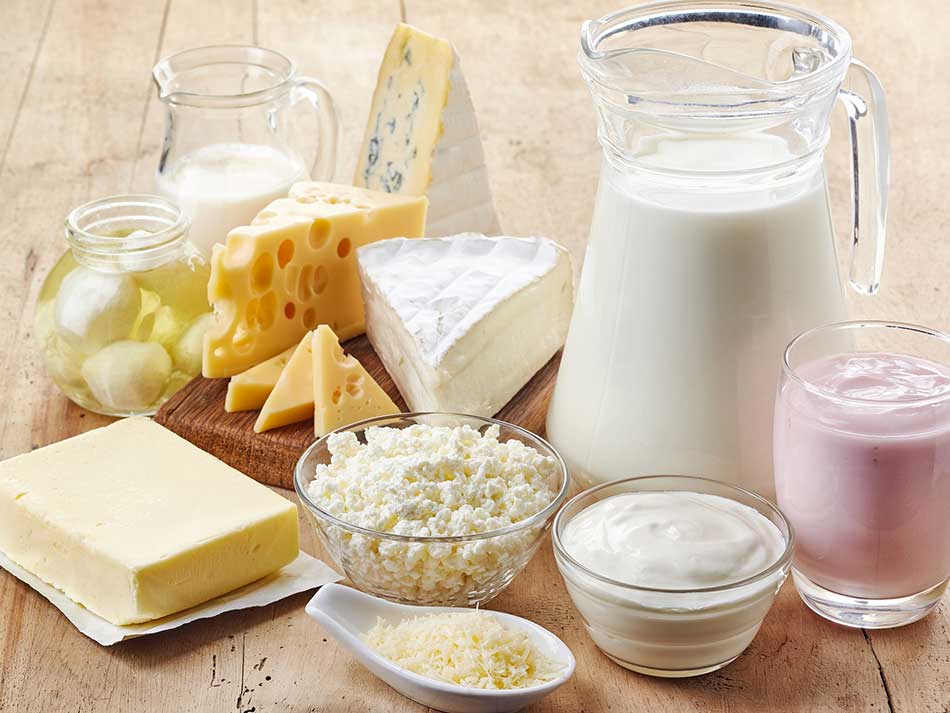
MUST AVOID:
- Sugar, and any high glycaemic index foods (e.g. bread, rice, cereal, chocolate), causes spikes in insulin levels, and in turn androgen levels, which are responsible for sebum production. More sebum means more clogged pores and potential for infection and acne.
- Dairy, apart from being high in fat and cholesterol, is also chock full of hormones intended for baby calves to grow quickly. (Milk contains 59 active hormones!) These are the culprit content that make your liver produce more IGF-1, which stimulates inflammation. Studies have found strong links between consumption of milk and occurrence and severity of acne.
- Flour is bad, and not just for your waistline. Apart from the initial insulin spike (and accompanying inflammation) that comes with high glycaemic index foods, there is speculation that wheat foods deserve special attention as wheat may contain a substance that particularly encourages inflammation. If you have chronic acne, stubborn to an extensive range of attempted treatments, you may have wheat-induced acne. Stay away from bread, pastries, pasta, and cereals.
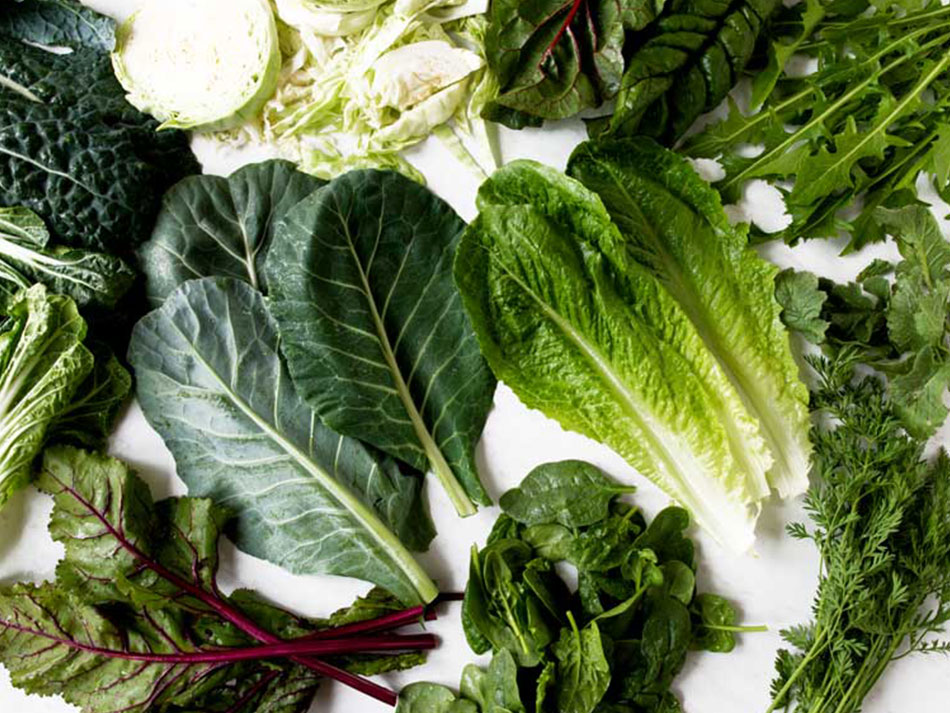
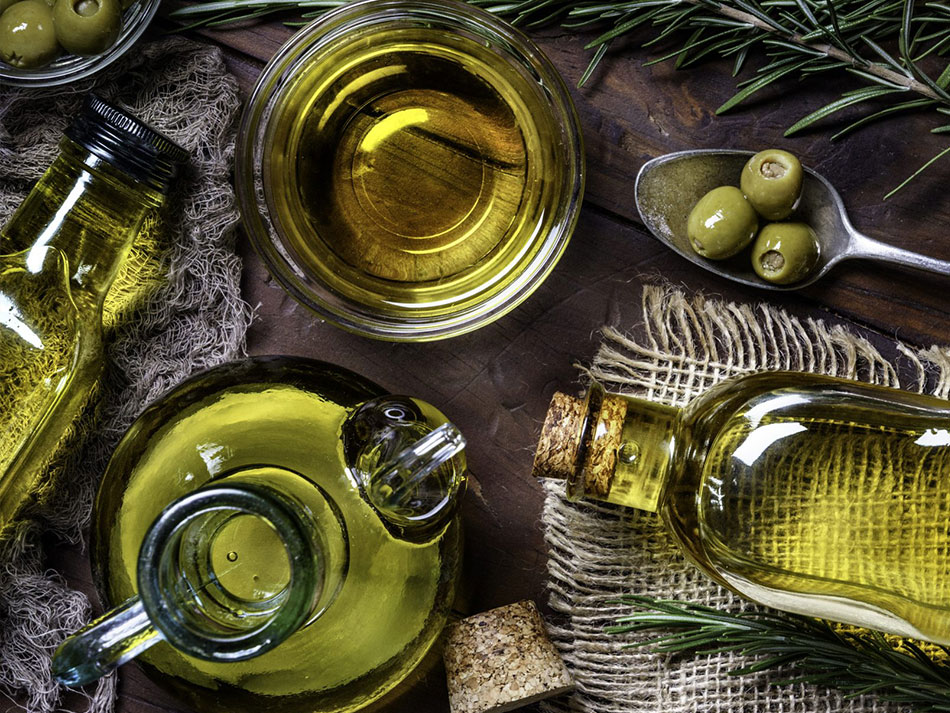
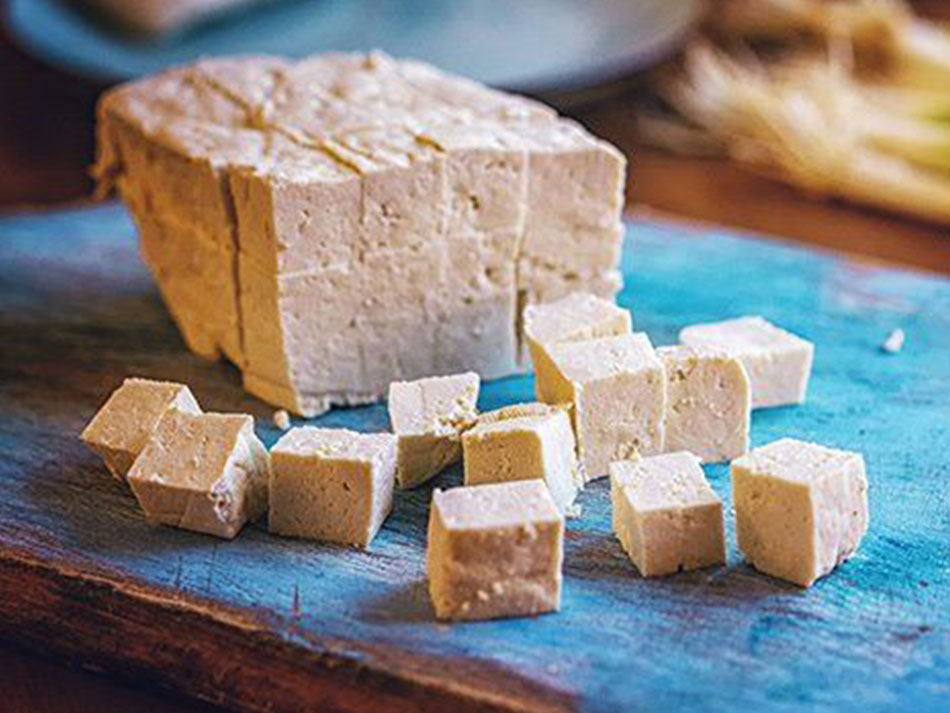

SKIN SAVERS:
While sinful indulgences are a concern, nutritional deficiency can be as much to blame for skin problems. Pay attention to your daily intake of vitamins and minerals, particularly Vitamins A, C, E, B3 (Niacin) and B6 (Pyridoxine), and the minerals zinc, selenium and chromium. Additionally, though not a vitamin or mineral, keep up a regular intake of omega-3 fatty acids. Remember, the best sources of nutrition are always natural sources rather than a pill.
- Vitamin A aids epidermal differentiation and cell turnover, controls sebum production, suppresses androgen formation, and boosts your immune function. Best sources: liver, sweet potatoes, carrots, dark leafy greens
- Vitamin C promotes healing, and is a powerful antioxidant, which helps cell regrowth and prevents wrinkles. Best sources: guavas, bell peppers, broccoli, kiwi, papaya.
- Vitamin E protects cell membranes, hydrates the skin, and improves the consistency of sebum. Best sources: almonds, sunflower seeds, olive oil , tofu.
- Vitamin B3 (Niacin) helps regulate blood sugar and lower cholesterol levels, which would otherwise trigger inflammation. Best sources: liver, tuna, wild salmon, chicken, turkey
- Vitamin B6 (Pyridoxine) boosts the immune system and provides an antioxidant function. Vitamin B6 is found almost exclusively in plant foods. Best sources: rice bran, brown rice, whole wheat bread,
- Zinc is an anti-inflammatory agent that helps in wound healing, immune function, and UV protection. Best sources: cooked oysters, wheat germ, pumpkin and squash seeds (pre-soaked), cashew nuts.
- Selenium is an antioxidant mineral that helps protect your skin from UV damage. Selenium also has anti-inflammatory properties, and has also been shown to be low in acne sufferers. Best sources: brazil nuts, sunflower seeds, chicken, turkey.
- Chromium regulates blood sugar and spikes in insulin levels, and therefore helps to prevent inflammation. Best sources: broccoli, grapes, barley, oats.
- Omega-3 Fatty Acids help maintain cell membranes, regulates sebum production, and also serves as an antioxidant, fighting inflammation and sun damage. Best sources: flax seeds, walnuts, chia seeds, salmon, soy.
